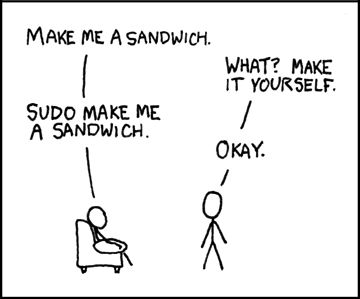Cortez asked what we hoped to gain from this. I'm just trying to put their argument forward. No doubt, as usual, a Trump admin's execution is . . . lacking.
Trump is also using them to negotiate over anything and everything that he wants. If he can use them for leverage to get another nation to pay more into NATO, give us Greenland, etc., he will.
Re the cost and a potential change to our economic system:
Achieving a change will require more than just innovative policy making. It will require more than just savvy strategic politics. It will require a broader shift in values.
The other day, I went back and reread one of my favorite passages from one of Bobby Kennedy’s speeches back in the ’60s. That’s Bobby Kennedy, the father, not the son. In it, he describes the standard measure of economic performance that countries, and international agencies and economists use, gross domestic product GDP. And he describes how it reflects what he calls the poverty of satisfaction that afflicts us all.
And he goes on to talk about how GDP, as we use it, measures the locks on our doors and the locks that we put on our prisons. It counts the destruction of our forests and cigarette advertising. It counts nuclear warhead construction and armored cars for the police to contain unrest in our cities. What it doesn’t measure is the health of our children, or the quality of their education, or the joy of their play. It doesn’t account for our wit or wisdom, our compassion or our devotion to country. “It measures everything,” he says, “except that which makes life worthwhile.”
When talking about the economy, many of us, we obsess over the material measures of progress, income, and taxes, and wages, and trade balances and the latest inflation numbers. And that is important, especially important for poor people. For working families with little margin for error, having a job that pays enough to cover the bills, putting food on the table, managing through a crisis, that’s still out of reach.
Material things matter, but goods, money is not the only thing that drives us. A job provides an income, a paycheck, but it can also provide a sense of pride and belonging. People may want new furniture or the latest Air Jordans, but they also want more time with their families. They want a neighborhood where they can take a walk without being afraid, or passing by somebody who they know has nothing and is cold. They want to sense a purpose to their days.
The choices we make about our economy affect all those things that make life worthwhile, and we shouldn’t be afraid to talk about that.
One silver lining of the pandemic was that it forced millions of people, especially young people, to step back and take stock of what’s really important. Your generation is starting to ask tough questions about how you want to live, and work and spend your time. And it may be that by answering those questions, you can help all of us realign our economic policies with our deepest values.
Almost 200 years ago, Alex de Tocqueville described American society, American social and economic equality as, quote, “The fundamental fact from which all others seem to be derived.” He wrote that, “Americans put a kind of heroism in their way of doing commerce.”
But at a time when our bonds of trust are growing weaker, at a time when we are drowning in stuff, and yet, people seem deeply anxious and unfulfilled, we need a new generation of heroes to strengthen our bonds of trust, to create an economic system that supports and sustains those things that matter, including our democratic values for years to come.



